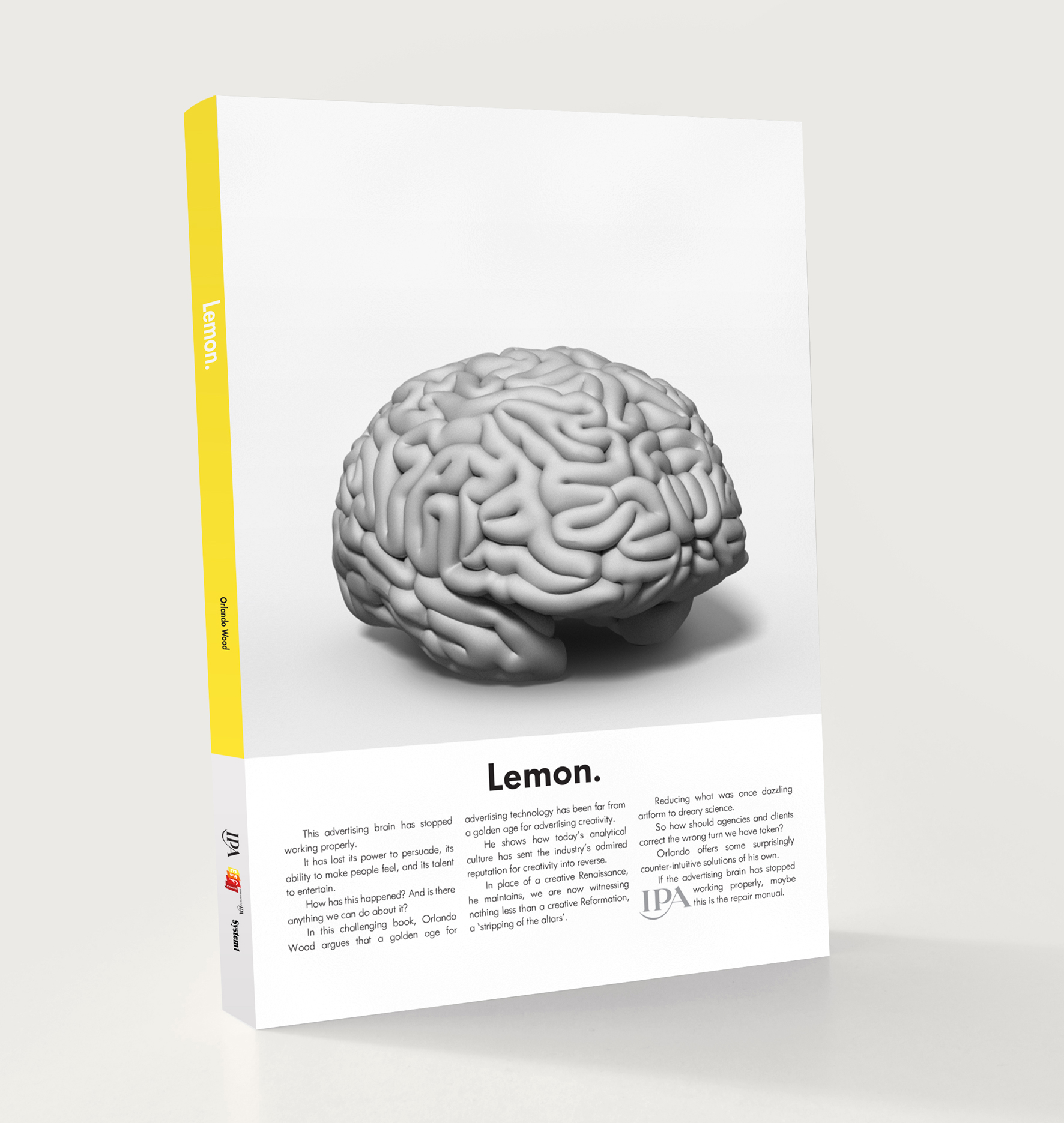
Neuroscientist Kep Kee Loh, the study’s lead author, explained the implications: "I feel that it is important to create an awareness that the way we are interacting with the devices might be changing the way we think and these changes might be occurring at the level of brain structure.” While more research is needed to determine if multitasking is physically damaging the brain (versus existing brain damage that predisposes people to multitask), it's clear that multitasking has negative effects. Use the career and money advice in The Millennial Game Plan to get and stay ahead for good. doi:10.1002/hbm.The Forbes eBook To Succeed In A Brutal Job Marketĭon’t let a rotten economy spoil your goals. Comorbidity of reading disabilities and ADHD: Structural and functional brain characteristics. Langer N, Benjamin C, Becker BLC, Gaab N. Reading comprehension in boys with ADHD: The mediating roles of working memory and orthographic conversion. Links between preschoolers' literacy interest, inattention, and emergent literacy skills. The effects of ADHD treatment and reading intervention on the fluency and comprehension of children with ADHD and word reading difficulties: A randomized clinical trial. Reading from paper compared to screens: A systematic review and meta‐analysis. The genetic association between ADHD symptoms and reading difficulties: the role of inattentiveness and IQ. Paloyelis Y, Rijsdijk F, Wood A, Asherson P, Kuntsi J. Reading something a second time will not only allow you to better understand what you've read but also help you to pick up any information you missed the first time around. Think about how it relates to your own likes and dislikes and personal experiences. Once you have jotted the thought down, set it aside for later. If you get distracted by internal thoughts, jot down the thought in order to remember it and get back to it at a later time. If you're feeling tired or fatigued, for example, it will be that much harder to focus and absorb what you read. Is your phone on silent? Is the door closed? Are you hungry? Are you too cold or too hot? Think about and eliminate any distractions that might interfere with your reading. Figure out what works best for you: a quiet reading area or one with some background noise. Then take a break and reward yourself after each section. Divide the material into smaller, more manageable chunks.Use a bookmark or ruler to slide down the page as you read each line, so you don't lose your place.Take notes while reading, then go back and summarize the main points.Not only will this keep you focused, but it will also help you to recall the main points. Use highlighter pens to underscore main points.Discuss it with a friend, or just talk aloud to yourself.

Researchers have discovered that comprehension is better when reading a physical book versus an e-book.
#Read and highlight online articles thebrain full
This approach is especially helpful for people who learn through listening or who are easily overwhelmed when faced with a page full of text.

Use audiobooks or have someone read to you.This strategy may help you avoid zoning out or focusing on internal distractions instead of the words on the page. This may take longer, but it will help you to focus on each word.


 0 kommentar(er)
0 kommentar(er)
